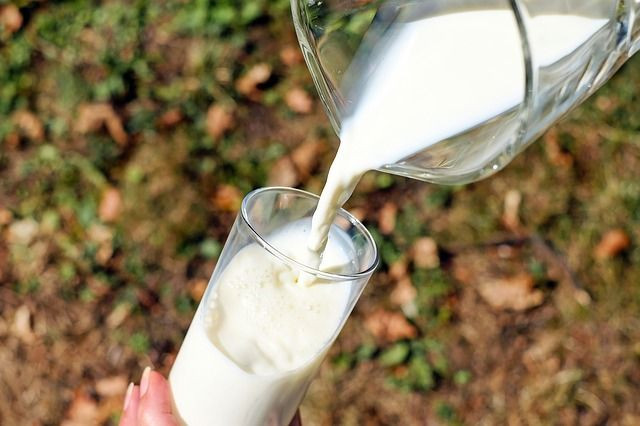National Milk Day: Surprising Health Benefits Of The Protein-Rich Drink
National Milk Day is commemorated on Jan. 11 to mark the day sterilized milk started to be distributed in glass bottles in the United States.
In 1878, Alexander Campbell's New York Dairy Company began the distribution of milk in the country. Although countries all over the world produce milk, the United States and Australia are top exporters of milk and milk products. It is believed that more than 6 billion people consume milk and milk products in the world.
Here are some health benefits of the drink that you might want to know:
Rich Source of Calcium: Milk is considered a great source of calcium that helps to prevent osteoporosis by improving bone strength. Drinking milk could also help prevent cavities and tooth decay.
Reduces The Risk of Obesity: Milk is a good source of protein and protein intake helps in the repair of body tissues, preserving or increasing lean muscle mass. A cup of milk has fewer calories than other beverages such as soda, teas, and energy drinks. Drinking milk gives you a feeling of fullness for a longer duration. So, many dieticians prescribe low-fat milk for weight watchers.
Reduces Heartburn: According to scientific research, milk can reduce the acidity produced in the stomach after taking various types of food. Taking a glass of milk after a meal helps to cool down the stomach lining and esophagus.
Improves Heart Health: The minerals like calcium and potassium in milk help to improve heart health. While calcium gives strength for heart muscles to pump blood, higher potassium content in milk reduces cardiovascular diseases. However, saturated fat in full-fat milk can increase the risk of heart disease.
Helps to Fight Depression: Studies have shown that depression is caused due to deficiency of Vitamin D. Proper levels of vitamin D in milk help the production of serotonin, a hormone associated with mood, appetite and sleep.

However, milk is not advisable for certain people with allergies, and consuming milk can affect their health. Research has also shown that a high intake of milk may increase the risk of ovarian cancer.
Some people avoid drinking milk fearing the hormones present in the milk. They believe that estrogen and growth hormones in the milk would adversely affect their health. However, scientists have not found enough evidence to prove that hormones in milk can affect health.
© Copyright IBTimes 2024. All rights reserved.





















